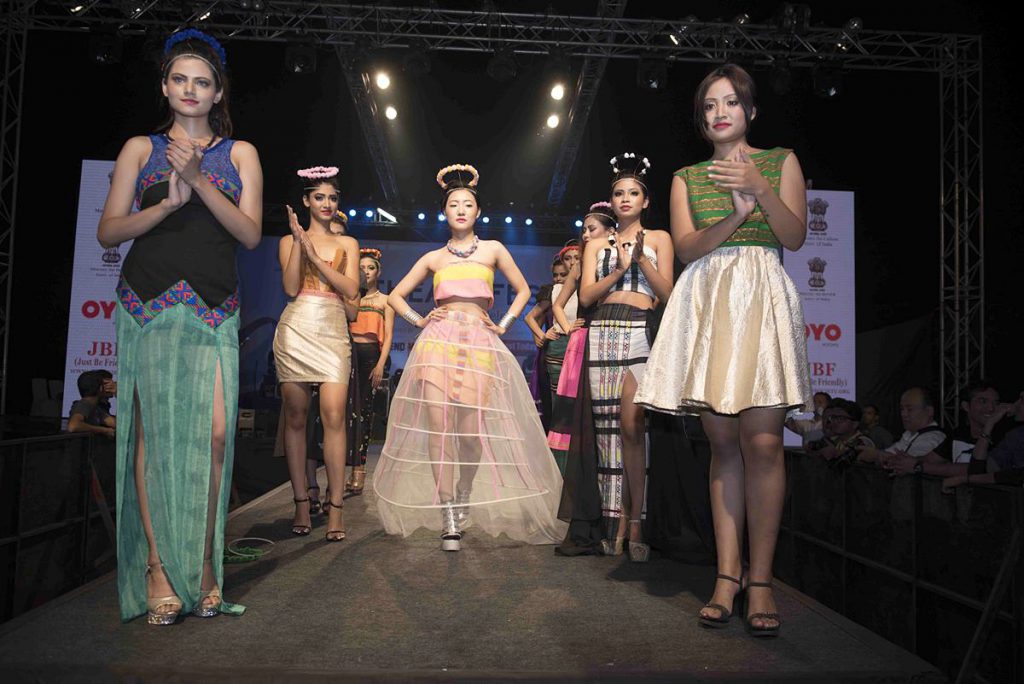
Comprising the seven sister states of Arunanchal Pradesh, Assam, Manipur, Meghalaya, Tripura, Mizoram, Nagaland and an eighth himalayan state of Sikkim, the North East of India is a region of stupendous natural beauty and unique culture and traditions. These farthest reaches of the country are home to some of Asia's last remaining rainforests, a staggering array of flora and fauna, and a profusion of climates, landscapes, tribal cultures and ethinicities. However the region is also fraught with problems (such as poor infrastructure and insurgency, to name a few), standing in its way to realising its true potential as well as shrouding it in poor light. In an attempt to dispel some of these concerns and to usher in an era of modernity and economic growth by promoting its vast natural and human resources and through investments and initiatives, but above all to celebrate the essence of the region, the Governments of these states, the Ministry of Home Affairs, the Ministry of DonER (Ministery of Development for the North East Region), spearheaded by Trend MMS, the largest Socio-Cultural Trust of the region, conceptualised the North-East Festival. The first festival was held in 2013, at the IGNCA grounds, Janpath, New Delhi, followed by a second festival in 2014. The third and the most recent edition took place from October 16-18 at the same venue.The event was a two-day cultural extravaganza of the dance, music, handicrafts, culinary delights and sporting traditions of these states with live performances, exhibitions and stalls. It was also a forum for discussions on critical issues regarding internal security, insurgency, safety issues of the north eastern diaspora in other parts of the country, investment avenues, skill development, and entrepreneurship.
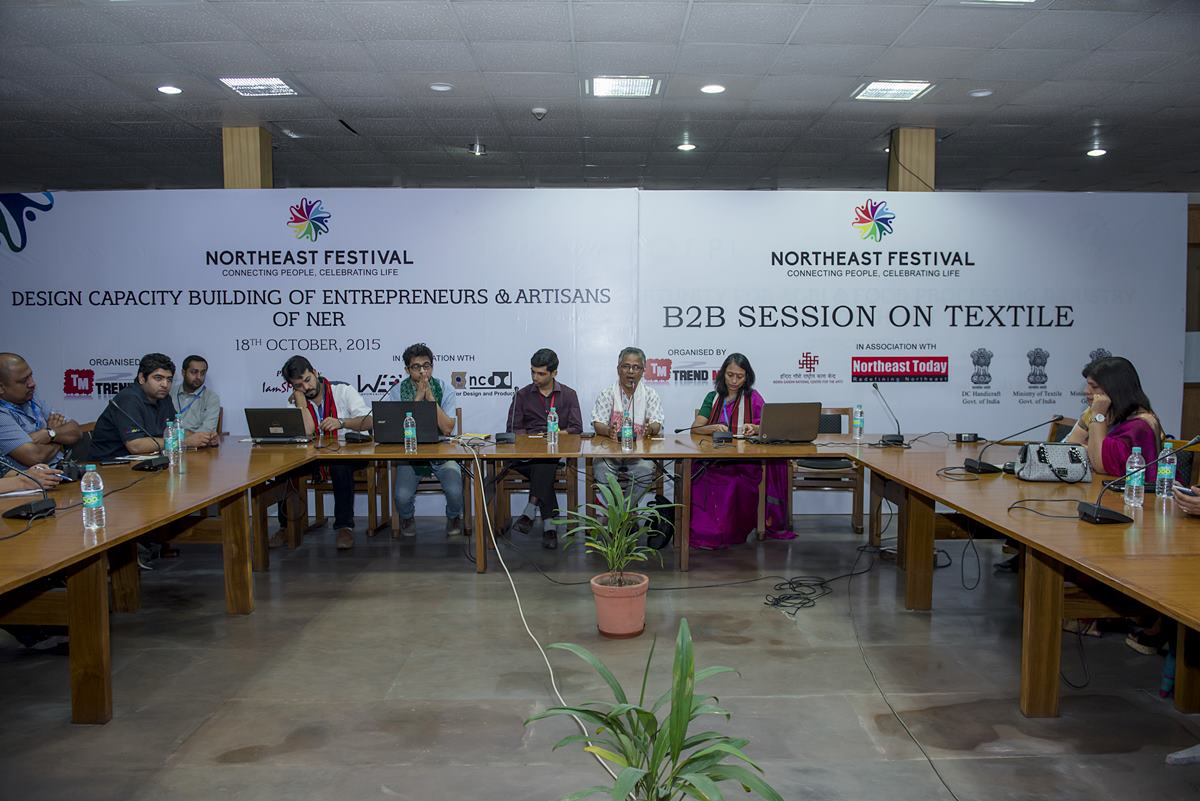
Colours of Northeast
To gain a better understanding of the North East Festival - the reasons behind it, its mission and goals and its message, we spoke to one of its lead organisers, Shyamkanu Mahanta, whose determination and drive to promote this region through wonderful initiatives and events is among the reasons the North East is now taking centre stage.
Mr.Mahanta hails from a prominent Assamese family with a long standing history of promoting the cultural heritage of the state. An entrepreneur with an engineering and management background, he started MMS Advisory based in Guwahati, a project management company, the largest of its kind in the North Eastern region, to implement infrastructure projects such as road construction, power projects, industrial parks, and tourism ventures. He is also the Chief Functionery of Trend MMS, which, in addition to being one of the chief organisers of the North East Festival, has also been involved in other events to promote the region including Festival Rongali - Celebrating essence of Assam, Colours of North East with Taj Mahal Palace Mumbai, and the Sankaradeva Movement.
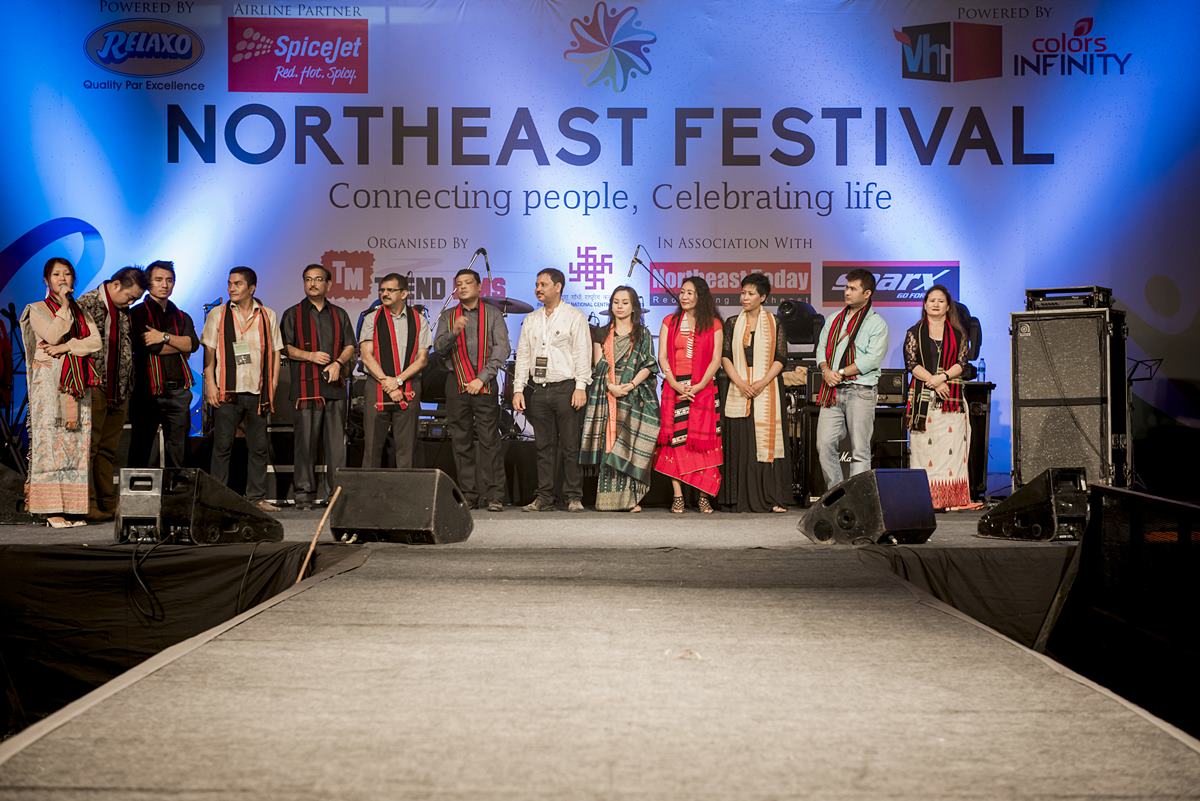
What motivated you to champion this festival and what is the message of this festival?
Trend MMS first started an initiative to promote Mahapurush Sankaradeva, a cultural icon of Assam. The event was organised in Delhi, Bengaluru and Mumbai and we received a very good response all around. Being involved in various tourism projects in the NER, I have ground level knowledge of the area and realized that if we want investment and especially tourism in the North East the perception about the region has to change. We felt the professionals of the region must join hands to assist the government to market the region. We were also spurred on to open up channels of communication with our region after an outbreak of racial violence against the people of the North East in 2013. The primary attempt of North East Festival is to communicate about the region and to promote tourism.
What is your vision for the North East?
We want to see North East India as one of the most prosperous areas of the country in our life time. Tourism has to be a major driver in this attempt.
What do you see as the strengths and weaknesses of the region?
Our main strengths lie in a very hospitable community, our natural resources, a highly skilled handicraft heritage, tourism potential, and, given the very close proximity to the prosperous South East Asia, the opportunity of the Act East Policy to change the dynamics in the North East. But what holds us back is weak governance in the absence of strong political leadership, connectivity problems across all speheres, namely road, air, water and digital, a poor implementation track record, negative image, political instability, law and order problems, a lack of skilled manpower and being land locked geographically.
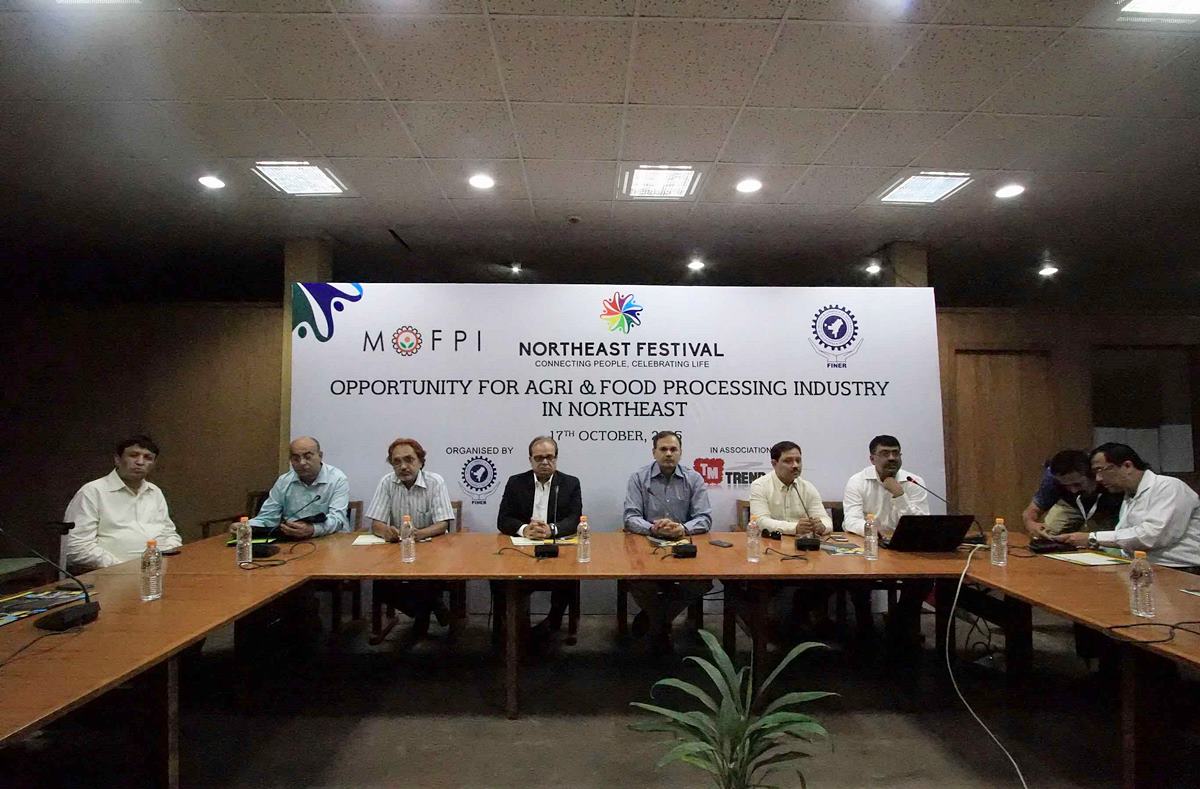
What do you think is peoples' perception of the North East? Why is it such? Is it different from how you would like people to view it?
The perception about the region is bad. We need to change it; this is one of our major objectives.
What has been the biggest success of the festival?
We received enormous national media support and attracted a huge congregation of people many of whom did not belong to the North Eastern. We also attracted foreign tourists, and the Tourism B2B session was especially appreciated. Around 50 handicraft entrepreneurs had participated and they were able to develop strong marketing contacts.
What has been the biggest learning from the festival?
Budget was a very big constraint, we got limited support from North East Government, Central Govt. support was less. Private sector is not keen to support North East. We need to do more.
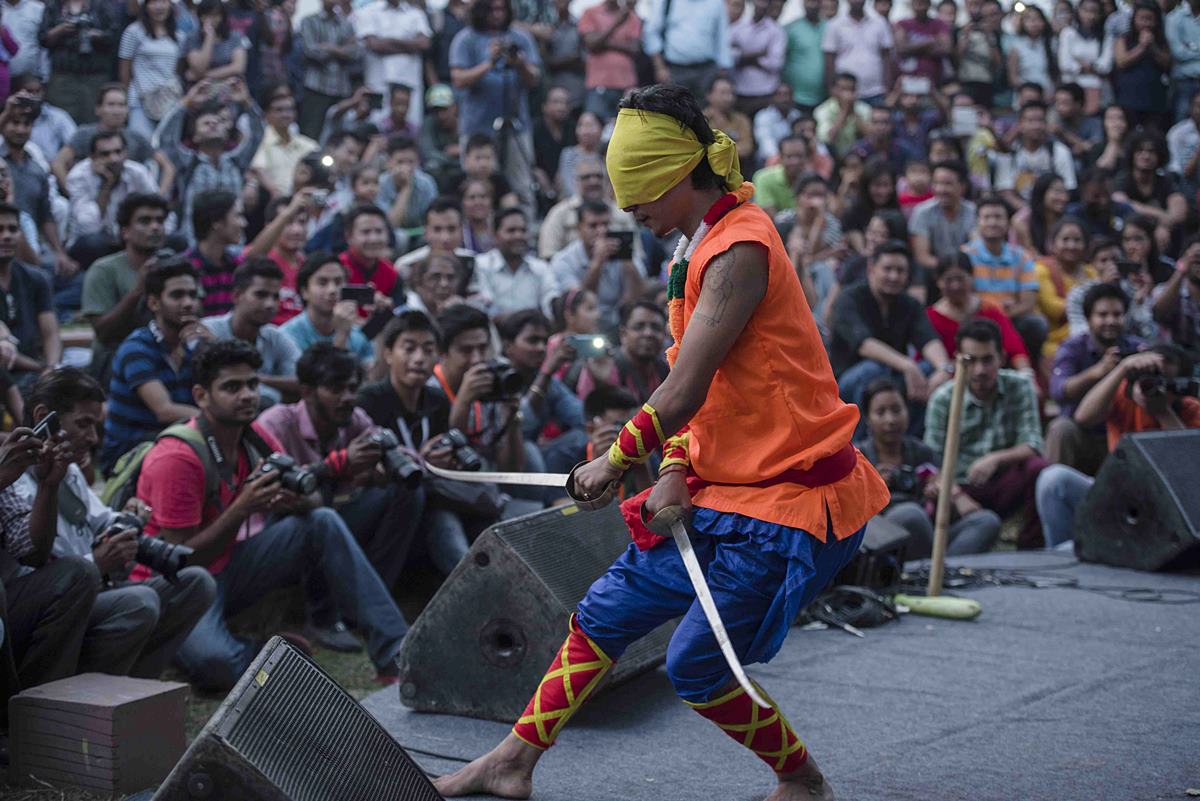
What was the difference you felt in the response each year?
The crowd congregation was more and more non-North Easterners came.
How has the festival changed, if at all, since its inception? Have you done anything differently than the previous two years?
We introduced a football event this time. Twenty teams participated in North East Festival Football Cup, wherein Delhi's top colleges participated along with the North Eastern club.
What has been the direct and tangible impact of the North East Festival?
The tourist flow is on the rise. Racial issues in the last year have decreased. This is the cumulative result of the efforts of a lot of people. The North East Festival has also helped garner good media attention on the regi
 Shyamkanu Mahanta, Chief Organiser, North East Festivalon.
Shyamkanu Mahanta, Chief Organiser, North East Festivalon.

